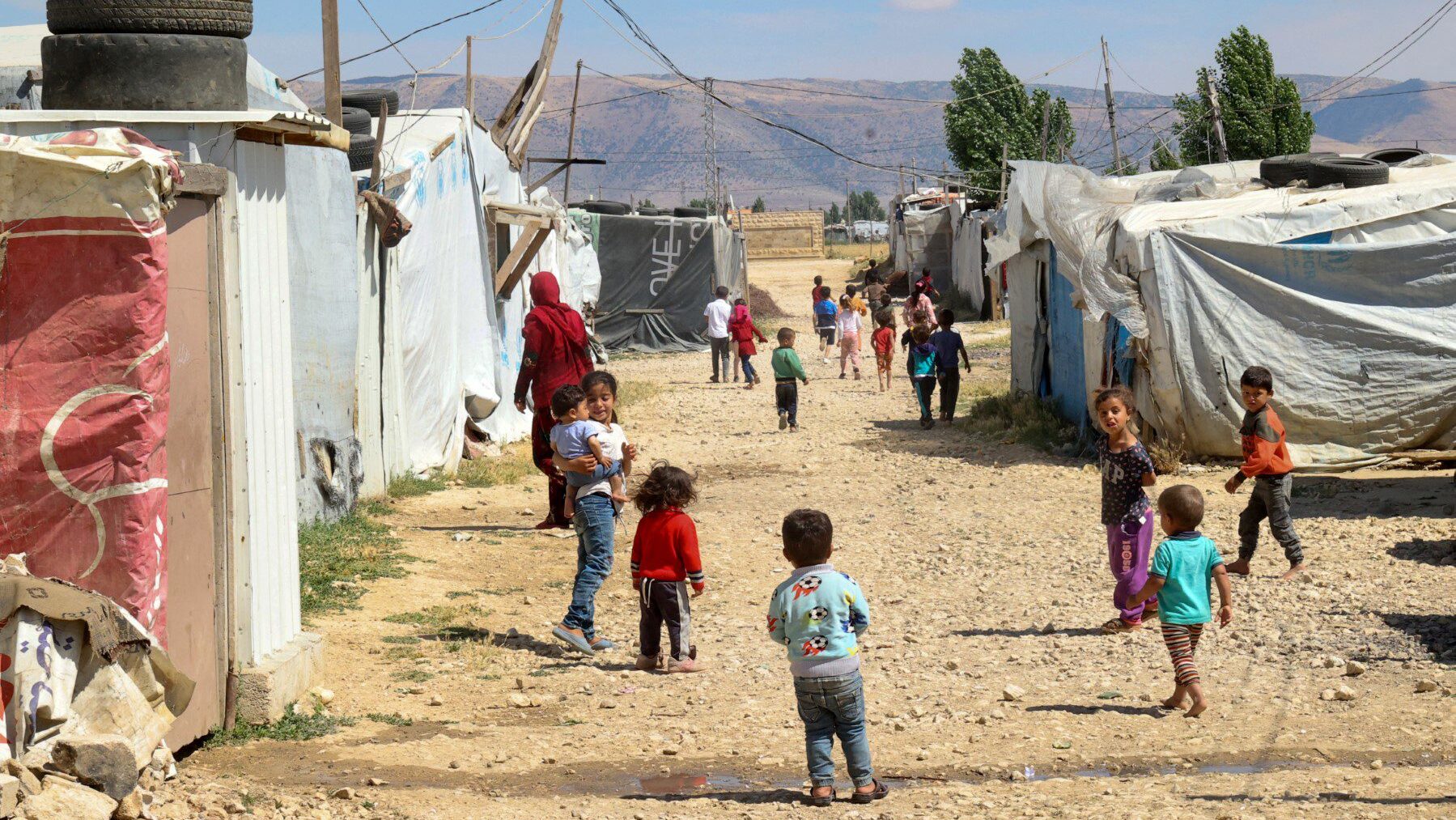
Photo: ANWAR AMRO / AFP
Brussels’ hefty €1 billion financial aid package for Lebanon will result in more Syrian refugees making their way into Europe, critics have warned.
The deal, announced earlier this month, is officially designed to help steady the flow of mostly Syrian refugees, particularly into Cyprus. Critical voices say it has more to do with the Commission’s attempts to look tougher on illegal migration ahead of this year’s elections.
More than 2,000 migrants arrived in Cyprus by sea in the first three months of 2024, compared to just 78 in the same period last year. European Commission President Ursula von der Leyen highlighted that most of the cash for Lebanon, to be paid in grants by 2027, will go towards boosting border controls.
But Kelly Petillo, who is program manager for Middle East and North Africa at the European Council on Foreign Relations, said the plan is bound to fail. She claimed that handing money to the Lebanese military “means more insecurity for Syrian refugees,” adding:
[Refugees will] face more pressure to leave by themselves or be deported. That will result in the opposite of what von der Leyen apparently wants to achieve, creating more pressure for Syrians to move towards Europe.
Analysts say that with boosted resources, authorities in Lebanon, which is understood to house around 800,000 Syrian refugees, will seek to deport these individuals back to the country they escaped from. Cyprus has also been pushing for the EU to designate parts of Syria as ‘safe’ in order to press on with returns of illegal migrants.
Petillo suggested that the “irony” of this Brussels-funded action will be “that this will trigger more people to flee to Europe.”
Lebanon will likely use EU money to push for forced returns into Syria. This makes EU complicit in normalising situation in Syria, despite message at Brussels VIII that the EU continues to stand with Syrians. And the irony is that this will trigger more people to flee to Europe.
— Kelly Petillo (@petillo_kelly) May 2, 2024
Right-wing European parliamentarians have also criticised von der Leyen for sending cash abroad rather than focussing on strengthening Europe’s borders.
The EU received 1.1 million asylum applications in 2023. European centrist parties are now desperately trying to appear serious on the issue in an attempt to win votes from the right.
